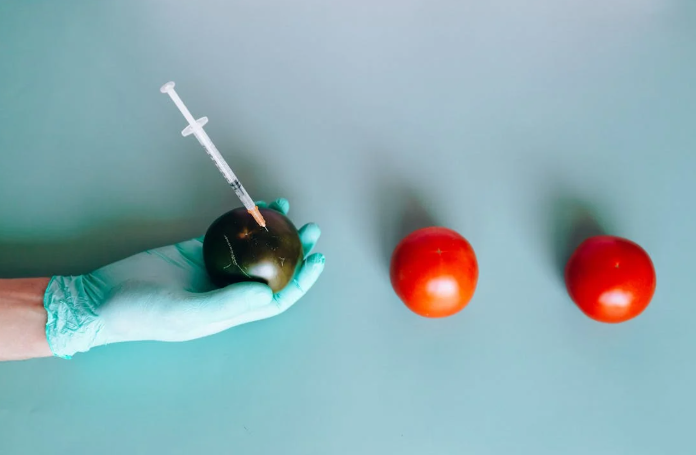Households brace for more GMO foods on their tables

You will soon be going to eat GMO (genetically modified organisms) foods and their derived products in a restaurant near you, or better still, in your own home.
This is after the government approved the cultivation and consumption of several GMO crops following the High Court’s dismissal of consolidated petitions against them. The petition had challenged a Cabinet order to lift a 10-year ban on gene-altered foods in the country.
Nehemiah Ngetich, the National Biosafety Authority (NBA) acting chief executive, confirmed the government’s approval while appearing before the Senate Committee on Agriculture and Livestock Development, chaired by Kirinyaga Senator Kamu Murango.
He pointed out that crops already approved for commercialisation include cotton, maize and cassava and the government is set to release GMO maize seeds for planting despite public outcry about the health concerns and dangers of such foods. The biosafety body is already preparing the ground for dealerships in the product asking those interested to apply so that they can deal with the GMO products legally.
According to a notice by the authority, regions set for trials of these GMO crops include Kitale, Kakamega, Busia, Naivasha, Maeni, Mtwapa, Thika, and Kirinyaga.
Bt (Bacillus thuringiensis) cotton which are modified to resist insects is already available to farmers while bt maize and Gm cassava are in the final stages of approval, soon to be released to farmers.
About 10,000 acres of genetically modified cotton have already been planted in the Eastern, Central, Western, and Nyanza regions.
The authority also approved GMO maize in October 2022 and is awaiting its variety release by the National Veterinary Research Centre (NVRC).
It further noted that cassavas are currently undergoing variety testing by Kenya Plant Health Inspectorate Service (Kephis). So far, NBA has already approved 100 GMO projects. Forty-seven for contained use in laboratory experiments, 18 for confined field trials, 30 which are imports and transit and five for environmental release and market placing.
Safety measures
As Kenyans brace for an uncertain agricultural future with GMO foods which are entering the country for the first time, NBA argues that it has factored in, and taken into account several safety measures that led to this decision.
“The following are taken into account: GMO safety data submitted by the applicant, Biosafety Experts reports, information and conditions submitted by relevant Regulatory Agencies, and Consolidated Safety Assessment Report,” read the statement by NBA.
Further, it also considered relevant submissions by members of the public and socioeconomic considerations arising from the impact of GMOs on the environment.
Despite several petitions to bar the importation and cultivation of GMO foods, the High Court argued that the process has been thoroughly done and deems the foods safe. According to NBA, the process has undergone thorough monitoring with scheduled yearly visits on all the projects, follow-up visits, and impromptu visits in the event of a breach of biosafety laws.
The agency has also put up several regional offices at major entry points in Mombasa, Busia, and Namanga. The Malaba, Lunga lunga, and Taveta (Holili) offices will be ready in 2025. The government insists that GMOs will tackle food security, boost the manufacturing and textile industry, and create employment.
According to NBA food security is a national security issue because it is a primary responsibility of the government to protect its citizens from all threats, including food insecurity. “Our role is to facilitate approvals of safe biotech crops, animal breeds that are resistant to pests and diseases and lead to increased food production,” it said.
However, stakeholders like farmers fear that it will lead to a high dependency on multinationals corporations who hold patents to GMO foods.
With 80 per cent of the rural population relying on agriculture for sustainability, and maize grown in 90 per cent of Kenyan farms, the introduction of GMO foods could cripple their main source of income as they will be exposed to draconian patent policies that could lead to disputes.












